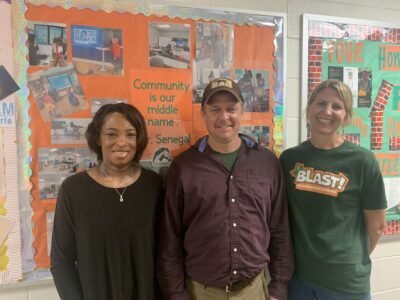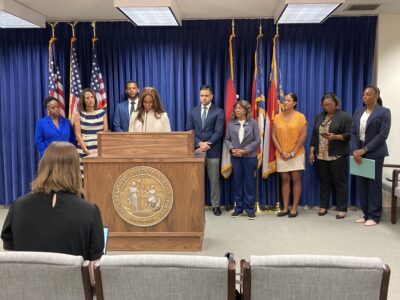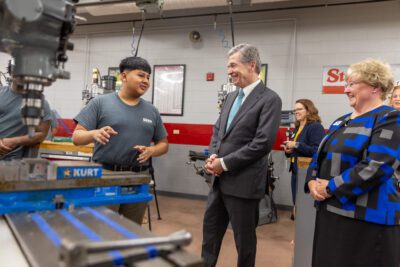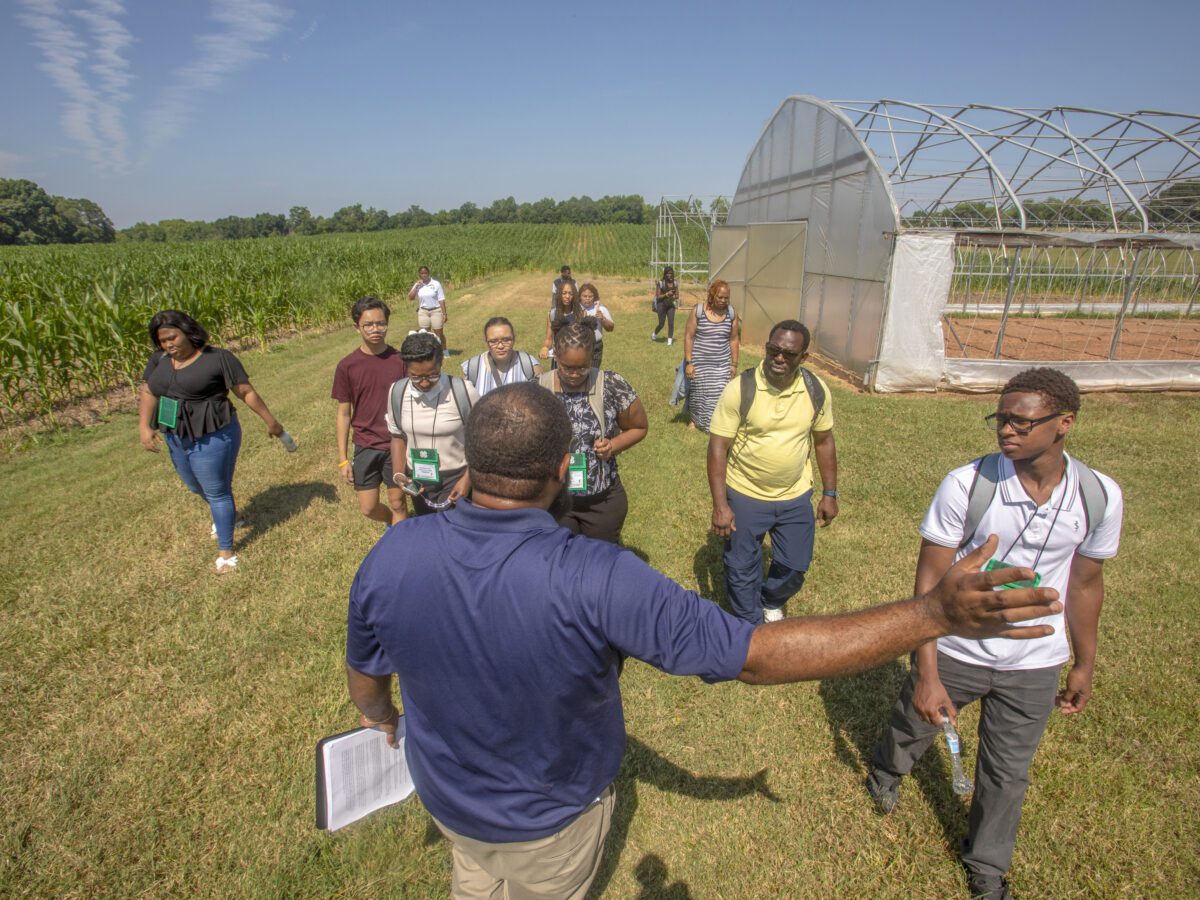
Students and mentors across the country are embracing the impact of exploring careers in STEM and agriculture with the help of historically black colleges and universities (HBCU).
North Carolina Agricultural and Technical State University is a part of the Youth Innovators Empowering Agriculture Across America (YEA) collaborative, which is a partnership between 4-H and seven HBCUs across six states. As part of the program, high schoolers are paired with mentors who help them explore careers in agriculture technology, farming, and STEM (science, technology, engineering and math).
Misty Blue-Terry is the 4-H STEM specialist for Cooperative Extension at North Carolina A&T. She said the program is aligned with the students’ school year, with students signing up in the fall and getting paired with mentors from the university by Christmas. Then they are brought together for events every quarter, in addition to monthly meetings.
The program’s culminating event, called REAP, brings students to a participating college campus for a week. During the event, students participate in an HBCU quiz bowl, mock interviews, financial literacy lessons, a university farm tour, and field trips.
“We want these kids to be beyond ready for the future and be ready to address some of those challenges that we are going to face,” Blue-Terry said.
![]() Sign up for Awake58, our newsletter on all things community college.
Sign up for Awake58, our newsletter on all things community college.
Along with what students are going to do after high school, Blue-Terry said the program aims to help students play a role in addressing how to “feed, clothe, and house the people on this Earth.”
“We know that, not just in North Carolina, but across the nation, there’s a decline when it comes to farming — not just Black farmers, but the typical age of a farmer is getting higher and higher,” she said.
YEA is supported by the National Institute of Food and Agriculture (NIFA), with “the goal of reaching minority youth with positive youth development and mentoring to make college more attainable and prepare a more diverse STEAM (science, technology, engineering, agriculture, and math) work force,” the university said in a press release.
Blue-Terry said that hundreds of students and mentors have participated in the program across all of the participating institutions. They hope to boost participation further over the next few years of their grant’s duration.
“We really want young people in middle school and high school to really see (agriculture) as a viable career. We want to really change this narrative and just show them that it’s a high-tech business, and it’s a very viable career,” Blue-Terry said. “There are some grand challenges that our world is going to face. And if we’re not preparing all youth to address these challenges, then we could potentially be in some trouble.”
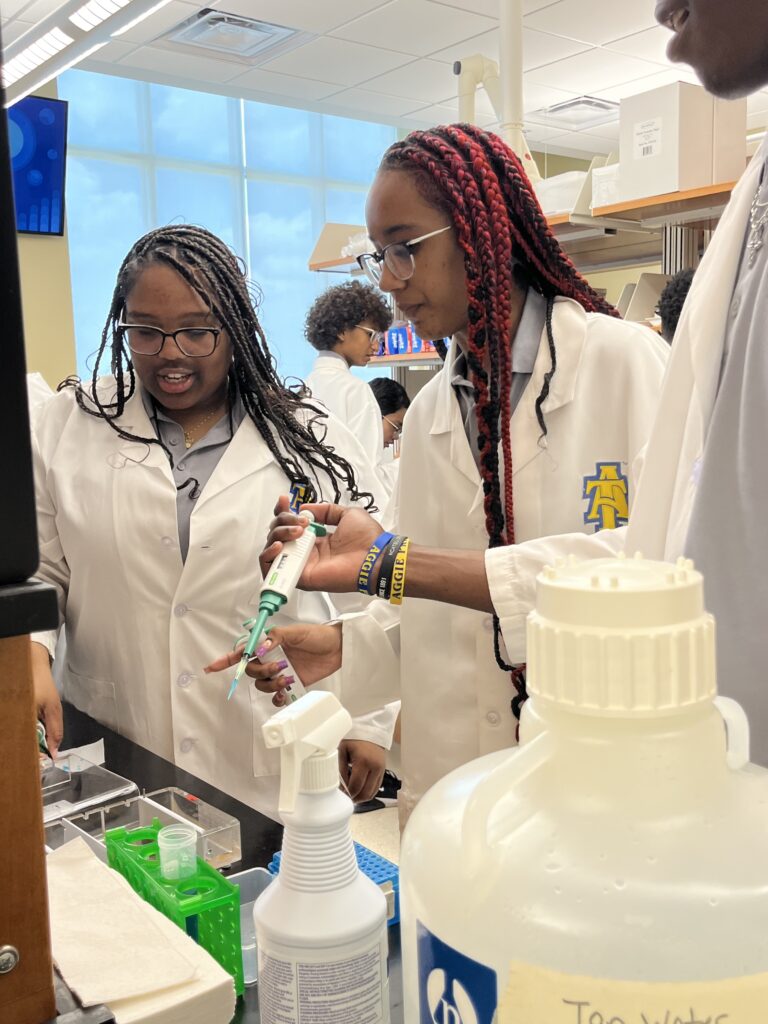
One mentee in the program, Keylin Benson from Hertford County, said that after meeting Blue-Terry and hearing about her work as an engineer, he was inspired to continue on that career path.
“She told me that she thought I could do it, that it is very possible for me to go there and to chase my dreams (of) going to MIT with a scholarship and coming to mechanical engineering one day,” Benson said. “And that kind of lit a spark in me, and I knew that it was a very important moment that I did hold dear today, because it’s really what’s driving me.”
After moving to North Carolina from Georgia, mentee Zafir Ahmed said that the experience with the 4-H program helped boost his confidence. As soon as he got to the summer program, he said he “knew that something awesome was going to happen.”
Khalifa Shareef, the university’s YEA STEM coordinator, recalled attending an agriculture-STEAM event where he worked with mentees. The groups were tasked with constructing a hydraulics system by using everyday items. He said gathering and assembling the materials with a student showed him how to think outside the box — a skill he said is good for career-readiness and for life.
“He taught me it’s okay not to have rules with yourself. So that was something that was impactful for me,” Shareef said.
More on HBCUs

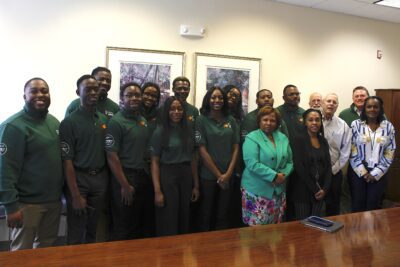
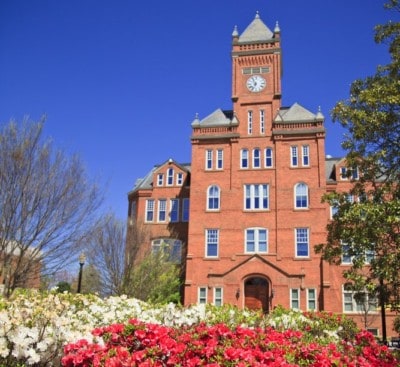
Both students said that future participants should be prepared to think critically, be engaged, and have fun. Mentors said that they enjoy seeing the “lightbulb” moments or “spark” that youth have when they are participating in 4-H’s activities.
Uma Kane, a mentor who works as an educator in Guilford County, said she tries to take some of the practices she has learned from 4-H and apply them at her school. She said the 4-H practices give youth a more well-rounded experience to pair with their classroom experiences.
“I believe that our youth need to know that there are things that they can do outside of being a lawyer or a doctor, and it doesn’t cost a whole lot. We can get certificates or shorter programs to get to our end goal of making money,” Kane said. “So I think that’s a huge thing for me, just exposing students to these different careers in STEM, and it doesn’t take a long time.”
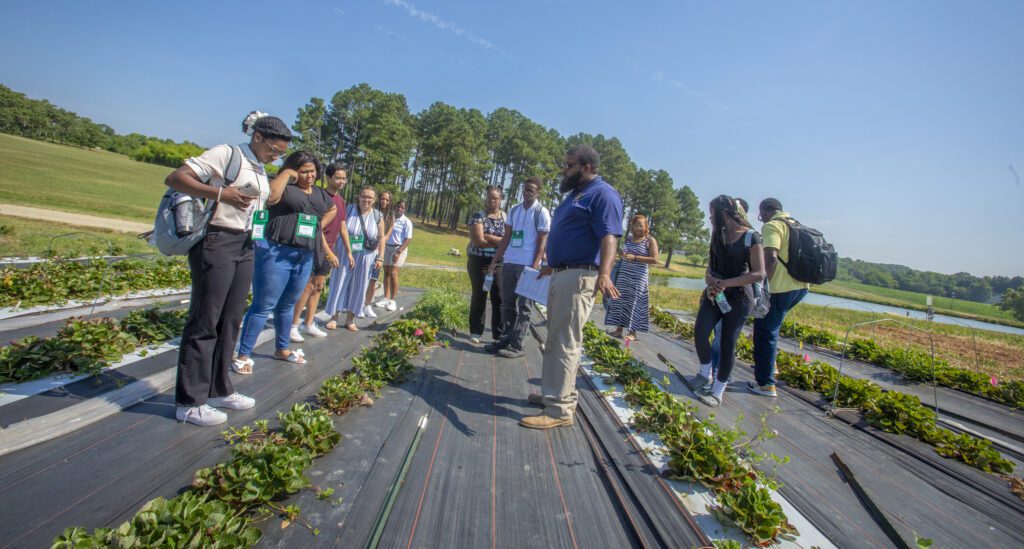
Recommended reading
